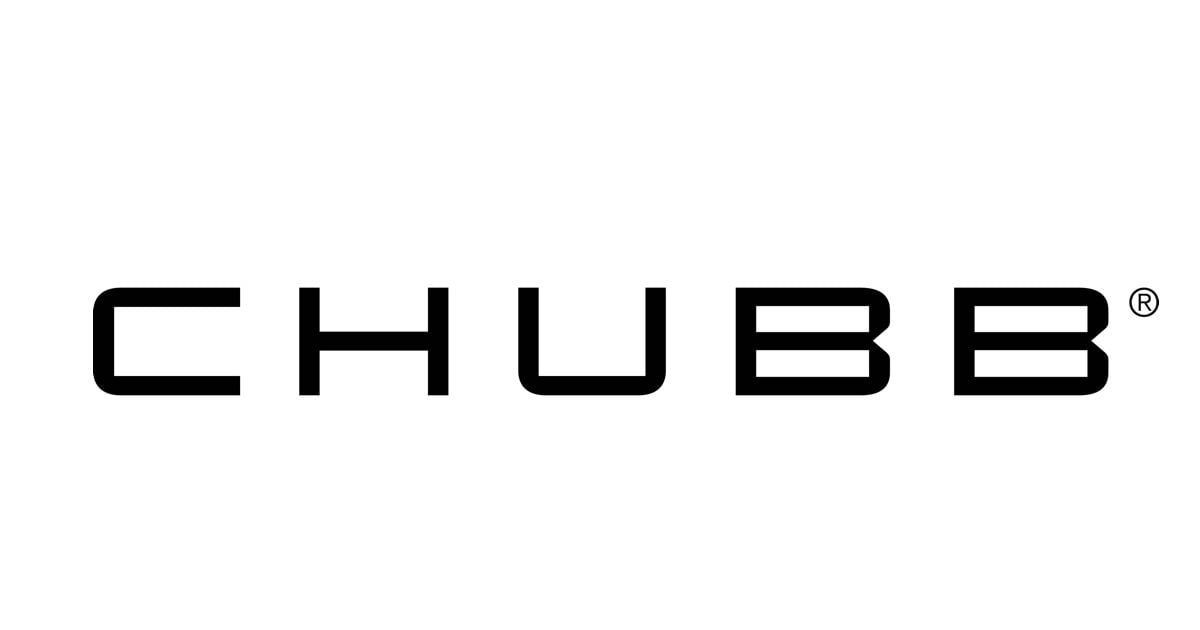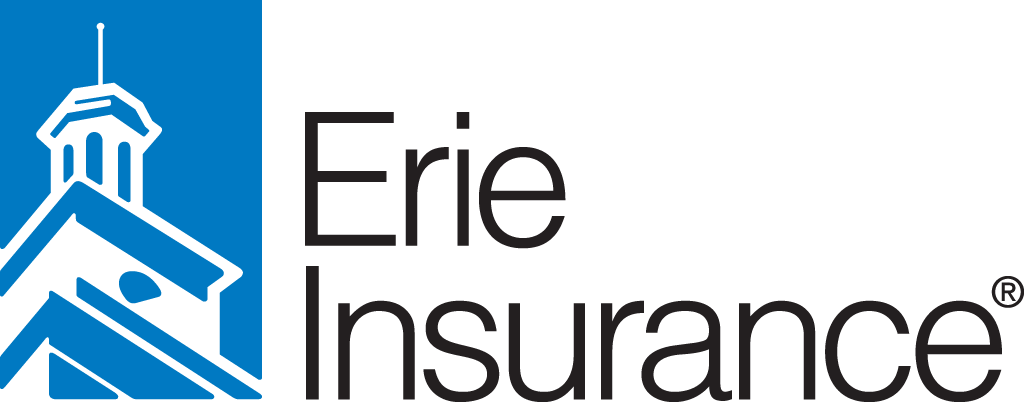Key takeaways
Chubb, USAA and State Farm received the highest ratings in our analysis of home insurers in Virginia.
Cincinnati Insurance is the best cheap insurer in Virginia, with a star rating of 4.7 and an average annual premium of $740.
Chubb, USAA and State Farm are among the best home insurance companies in Virginia, according to our analysis.
To help you find the best home insurance in Virginia, we gathered and analyzed data from insurance companies across the state. These are the insurers that earned at least 4.5 stars.
Rates are based on a sample homeowner with good credit, $300,000 of dwelling coverage, $300,000 of liability coverage and a $1,000 deductible.
Company | NerdWallet star rating | Average annual rate |
|---|---|---|
Not available | ||
Not available | ||
$740 | ||
$1,380 | ||
$2,205 | ||
$2,230 | ||
Not available | ||
USAA* | Not available | |
*USAA membership is open only to active military, veterans, some federal employees and their families. | ||
Get home insurance quotes in minutes
Answer a few questions to see custom quotes and find the right policy for you.The best home insurance companies in Virginia
Here's more information about the best homeowners insurance companies in Virginia.
Note: Some insurance companies included in this article may have made changes in their underwriting practices and no longer issue new policies in your state.

Chubb
- Far fewer consumer complaints than expected for a company of its size.
- Standard coverage includes features that many companies offer only as extras.
- Perks to help you protect your home.
- Most consumers can't get a quote online and will instead need to contact a local agent.
Chubb caters to well-to-do homeowners, offering coverage other insurers often charge extra for. For example, the company’s policies include extended replacement cost coverage for the structure of your home. This is useful in case it costs more than your dwelling limit to rebuild after a disaster. Chubb’s standard policies also cover water damage from backed-up sewers and drains.
Policyholders with second or seasonal homes in Virginia are eligible for Chubb’s Property Manager service at no charge. With this service, a Chubb representative will check your home after a hurricane and report its condition to you. They can also help prevent further damage and submit a claim on your behalf.
» READ MORE: Chubb homeowners insurance review

Amica
- High customer satisfaction ratings and low consumer complaints.
- Platinum Choice package offers extra coverage.
- Dividend policies can return a portion of your premiums.
- You can start a quote online but may have to finish the buying process by phone.
Amica stands out for its broad range of coverage options. For example, you can customize your policy with extra coverage above your dwelling limit. This could be useful in case your house costs more to rebuild than expected. You may also want to add coverage for identity theft or damage from backed-up drains.
The company shines when it comes to customer service. It draws a very low rate of complaints compared to other insurers, according to the National Association of Insurance Commissioners. Amica also earned high marks in two recent J.D. Power surveys about home insurance and customer satisfaction.
» READ MORE: Amica homeowners insurance review

Cincinnati Insurance
- Various coverage options.
- Far fewer complaints than expected for a company of its size.
- Coverage available for higher-value homes.
- No online quotes.
- Very little information on website.
If you want to support companies that value sustainability, consider Cincinnati Insurance. In recent years, the insurer has reduced fossil fuel emissions from both its facilities and company vehicles. When you buy Cincinnati home insurance, you may be able to add a “green upgrade” endorsement. With this coverage, you can use eco-friendly materials to repair or rebuild your home after a claim.
The company offers a variety of other perks, including comprehensive coverage for high-value homes. You may be able to add coverage for things like identity theft, personal cyber attacks or certain types of water damage.
» READ MORE: Cincinnati homeowners insurance review
State Farm
- User-friendly website.
- Agents offer personalized service.
- Policies generally include extra coverage for your home’s structure.
- Below average for claim satisfaction in a recent J.D. Power study.
As America’s largest home insurer, State Farm stands out for its long list of coverage options. Its policies generally include extra dwelling coverage in case it costs more than expected to rebuild your home.
You may be able to add coverage for things like identity theft and water damage from backed-up drains. Another option may be to add an inflation guard rider to your policy. This automatically increases your policy limits to keep up with rising costs.
State Farm offers a free Ting smart plug to home insurance policyholders as a perk. This device monitors your home’s electrical network to help prevent fires.
» READ MORE: State Farm homeowners insurance review

Erie
- Policies may include guaranteed replacement cost coverage.
- Receives fewer complaints than expected for a company of its size.
- High customer satisfaction ratings in recent J.D. Power studies.
- No online quotes.
Erie stands out by including guaranteed replacement cost coverage for the structure of your home in most of the states it covers. With this coverage, the company will pay to rebuild your home completely after a disaster, even if the amount exceeds your dwelling limit. Many insurers don’t offer this at all, even as an option.
If you bundle your home and auto insurance with Erie, you could get a discount of 15% or more. You may also be able to save on your premium if your home has safety and security features such as smoke alarms or sprinkler systems.
» READ MORE: Erie homeowners insurance review
Allstate
- Lots of discounts to help you save.
- Home-sharing coverage available.
- Many ways to customize your coverage.
- Ranked below average for consumer satisfaction in recent J.D. Power studies.
Allstate offers lots of ways to customize your policy, including replacement cost coverage for your personal property and coverage for water damage caused by backed-up drains. Other options may include home-sharing coverage and reimbursement for replacing damaged items with energy-efficient versions.
You may also be able to upgrade your policy with the Enhanced Package. One benefit of this package is Deductible Rewards, which takes $100 off your deductible at sign up, plus $100 off for each year without filing a claim. If you do file a claim, your rates won’t go up.
» READ MORE: Allstate homeowners insurance review

Openly
- Policies typically include guaranteed replacement cost coverage for your home's structure.
- Broad coverage for personal belongings.
- No restricted dog breeds.
- No online quotes.
Openly’s default homeowners policy goes significantly beyond those of many other insurers. Most notably, it offers guaranteed replacement cost coverage for the structure of your home. That means if your house is destroyed by a covered disaster, Openly will pay whatever it takes to rebuild it the way it was before.
Unlike many other insurers, Openly doesn’t have dog breed restrictions for liability coverage. It may also be a good bet for homeowners with jewelry or other valuables, with up to $100,000 of blanket coverage available for these items.
» READ MORE: Openly homeowners insurance review

USAA
- Policies include standard coverage that often costs extra elsewhere.
- Fewer customer complaints to state regulators than expected for a company of its size.
- Perks for military homeowners.
- Available only to active military members, veterans, some federal employees and their families.
USAA sells homeowners insurance to active military members, veterans, some federal employees and their families. If that’s you, you may want to consider USAA.
The company offers some perks that are specific to members of the military, like deductible-free coverage for military uniforms and equipment. USAA will also waive your deductible if your personal property is damaged or lost due to war.
USAA homeowners insurance has certain features that many insurers charge extra for. For example, USAA covers your personal belongings on a replacement cost basis. That means you’ll get enough money to buy brand-new replacements for damaged items. Many companies pay only what your items are worth at the time of the claim.
» READ MORE: USAA homeowners insurance review
How much does homeowners insurance cost in Virginia?
The average annual cost of home insurance in Virginia is $1,705. That’s 19% less than the national average of $2,110.
In most U.S. states, including Virginia, many insurers use your credit-based insurance score to help set rates. Your insurance score is similar but not identical to your traditional credit score.
In Virginia, those with poor credit pay an average of $3,455 per year for homeowners insurance, according to NerdWallet’s rate analysis. That’s more than twice what those with good credit pay.
Average cost of homeowners insurance in Virginia by city
How much you pay for home insurance in Virginia will depend on your ZIP code. For example, the average cost of homeowners insurance in Richmond is about $1,610 a year, while homeowners in Virginia Beach pay an average of $2,395 per year.
City | Average annual rate | Average monthly rate |
|---|---|---|
Alexandria | $1,275 | $106 |
Arlington | $1,315 | $110 |
Ashburn | $1,355 | $113 |
Charlottesville | $1,375 | $115 |
Chesapeake | $2,295 | $191 |
Fairfax | $1,380 | $115 |
Falls Church | $1,295 | $108 |
Fredericksburg | $1,450 | $121 |
Hampton | $2,310 | $193 |
Henrico | $1,595 | $133 |
Herndon | $1,335 | $111 |
Lynchburg | $1,415 | $118 |
Manassas | $1,395 | $116 |
Midlothian | $1,655 | $138 |
Newport News | $2,345 | $195 |
Norfolk | $2,400 | $200 |
Portsmouth | $2,335 | $195 |
Richmond | $1,610 | $134 |
Roanoke | $1,380 | $115 |
Springfield | $1,265 | $105 |
Stafford | $1,380 | $115 |
Suffolk | $2,160 | $180 |
Virginia Beach | $2,395 | $200 |
Williamsburg | $1,580 | $132 |
Woodbridge | $1,380 | $115 |
The cheapest home insurance in Virginia
Here are the insurers we found with average annual rates below the Virginia average of $1,705.
Company | NerdWallet star rating | Average annual rate |
|---|---|---|
$740 | ||
$1,080 | ||
$1,125 | ||
Donegal | Not rated | $1,145 |
$1,380 | ||
Not rated | $1,485 | |
$1,525 | ||
$1,535 | ||
Narragansett Bay | Not rated | $1,545 |
Virginia Farm Bureau | Not rated | $1,590 |
Common risks for Virginia homeowners
Here are a few things to keep in mind when evaluating home insurance in Virginia.
Hurricanes and tropical storms
Wind and water are two major causes of hurricane-related damage. Home insurance usually covers wind damage, but you may have a separate deductible for wind claims. (A homeowners deductible is the part of a claim you’re responsible for.)
Say you have a $1,000 deductible for most claims but a 2% deductible for wind claims. If your home has $250,000 of dwelling coverage and a tropical storm causes wind damage, you’ll need to pay the first $5,000 of the claim.
You’ll need separate flood insurance damage from storm surge and flooding. Read on for more details.
Flooding
A standard home insurance policy won’t cover damage from floods, surface water or storm surges. If you're concerned about flooding, you may want to consider buying flood insurance.
To check your flood risk, start by looking up your address on the Federal Emergency Management Agency's flood maps. However, FEMA’s maps don’t always capture all types of flood risk. You may want to check another source, like First Street, a private company that models climate hazards. Enter your address at the top of the page to see your home’s flood risk rating on a scale of 1 to 10.
Tornadoes
As long as you have wind coverage in your homeowners policy, you have coverage for tornadoes. Most home insurance policies include wind coverage as long as you don’t live in a high-risk coastal location.
Make sure you have enough dwelling coverage to pay for full reconstruction of your house. (Dwelling coverage is the part of your policy that pays for damage to the structure of your home.) Your insurance agent can help you choose the right limit.
Winter weather
A standard home insurance policy covers many types of winter damage, such as burst pipes and fallen trees. However, it won’t cover flood damage from melting snow; for that you’ll need flood insurance.
Get home insurance quotes in minutes
Answer a few questions to see custom quotes and find the right policy for you.Virginia insurance department
The State Corporation Commission’s Bureau of Insurance oversees the insurance industry in Virginia. Through its website, you can look up an agent’s license or file a complaint about your insurance company. You can reach the agency through its toll-free helpline at 877-310-6560.
How we rate homeowners insurance
NerdWallet’s star ratings reward companies for consumer-first features and practices. We evaluate factors such as consumer experience, coverage, discounts and financial strength.
In our research, we analyzed:
More than 270 million homeowners insurance rates.
More than 100 insurance companies.
Nearly 200 homeowner profiles.
View our complete homeowners insurance rating methodology.
- Find home insurance in other states
Frequently asked questions
Is home insurance required in Virginia?
Is home insurance required in Virginia?
Homeowners insurance isn't legally required by the state, but your mortgage lender may require you to buy it. For more information, read Is Homeowners Insurance Required?
How can I save money on Virginia home insurance?
How can I save money on Virginia home insurance?
Here are three ways to save money on homeowners insurance in Virginia:
Shop around to make sure you’re getting the best rate.
Choose a higher deductible. In case of any claims, you’ll pay more out of pocket, but your annual rates will be lower.
Bundle your home and auto insurance for an overall lower rate. Learn more about home insurance discounts.
Does Virginia home insurance cover flooding?
Does Virginia home insurance cover flooding?
Home insurance typically doesn’t pay for flood damage. If you live in an area where flooding is a risk, consider buying separate flood coverage.
Star rating methodology
NerdWallet’s homeowners insurance ratings reward companies for customer-first features and practices. Ratings are based on weighted averages of scores in several categories, including financial strength, consumer complaints, coverage, discounts, claims process and website functionality. These ratings are a guide, but we encourage you to shop around and compare several insurance quotes to find the best rate for you. NerdWallet does not receive compensation for any reviews or star ratings.
Here’s how we weighted each category to come up with our list of the best home insurance companies:
Consumer experience (40%).
Financial strength (30%).
Coverage (25%).
Discounts (5%).
Read our full home insurance ratings methodology for more details.
Homeowners insurance rates methodology
NerdWallet calculated median rates for 40-year-old homeowners from various insurance companies in the 25 largest cities in each U.S. state by population. All rates are rounded to the nearest $5.
Sample homeowners were nonsmokers with good credit living in a single-family, two-story home built in 1984. They had a $1,000 deductible and the following coverage limits:
$300,000 in dwelling coverage.
$30,000 in other structures coverage.
$150,000 in personal property coverage.
$60,000 in loss of use coverage.
$300,000 in liability coverage.
$1,000 in medical payments coverage.
We made minor changes to the sample policy in cases where rates for the above coverage limits or deductibles weren’t available.
In states where credit is a rating factor, we changed the credit tier from “good” to “poor,” as reported to the insurer, to see rates for homeowners with poor credit.
These are sample rates generated through Quadrant Information Services. Your own rates will be different.
Complaint methodology
NerdWallet examined complaints received by state insurance regulators and reported to the National Association of Insurance Commissioners in 2022-2024. To assess how insurers compare with one another, the NAIC calculates a complaint index each year for each subsidiary, measuring its share of total complaints relative to its size, or share of total premiums in the industry. To evaluate a company’s complaint history, NerdWallet calculated a similar index for each insurer, weighted by market shares of each subsidiary, over the three-year period.
NerdWallet conducts its data analysis and reaches conclusions independently and without the endorsement of the NAIC. Ratios are determined separately for auto, home (including renters and condo) and life insurance.







